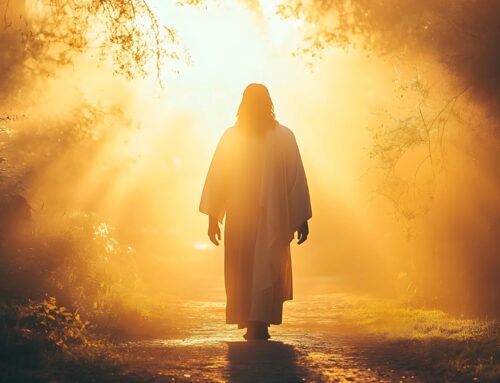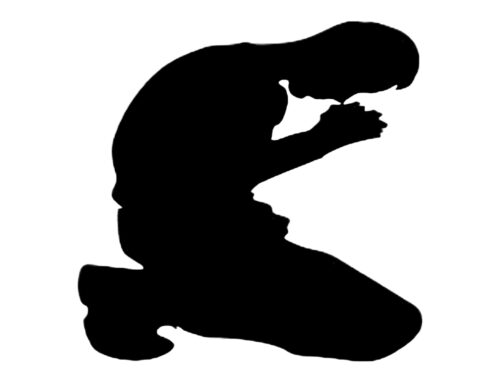Matthew 2:1-2 reports that a group of Gentiles, Wise Men or Magi from the East, was searching for the “King of the Jews.” We know very little about them. We don’t know how many (the “three kings” of Christmas is based on the three gifts offered to the Baby); we don’t know their names; we don’t know their hometown; we don’t know what the star was.
 All we know is their purpose–to worship the King. Everything else is left out of the picture in order to emphasize this one thing: “We have come to worship Him.”
All we know is their purpose–to worship the King. Everything else is left out of the picture in order to emphasize this one thing: “We have come to worship Him.”
We also see a fearful and deceptive ruler in Matt. 2:3, 7-8. Herod the Great was one of the most despicable of all the rulers of the Jews in any age. Caesar Augustus is reported to have said, “I’d rather be Herod’s pig than be his son.” Herod executed three of his sons, he had nine or ten wives (and executed one of them). Before his death he had thousands of Jewish leaders rounded up and locked in the stadium at Jericho, with orders that they all be killed at Herod’s death. This was so that there would be mourning among the Jews. Herod, outwardly a Jew, was a heathen in practice and a monster in character.
We see indifferent religious leaders. They knew where the Messiah would be born (Micah 5:2), and they were full of religious knowledge. Yet, they could care less about the wondrous event in Bethlehem. They had no personal experience with God, or even the desire for such an experience. They were five miles from the Son of God, yet it might as well have been a thousand.
We see a miraculous star. It apparently was not visible always to the Magi, for when they left Jerusalem, it appeared to them once again. It was a phenomenon unnoticed by other astronomers and scholars. It behaved strangely, as it moved ahead of the Magi and then stopped over the house where the Child and His family were living.
We see the incredible gifts that the Magi brought to the Baby. In presenting their gifts, the wise men were worshipping Jesus. They brought to Him gold–the symbol of glory that suggests shining perfection. They brought to Him frankincense–the symbol of deity that indicates a life of sinless perfection. They brought to Him myrrh–the symbol of death that was a burial ointment and that foreshadows the Messiah’s death on the Cross.
How Jesus was born–of a virgin; and where He was born–in Bethlehem of Judea, was a fulfillment of prophecy. Bethlehem means “house of bread,” and this is where the “Bread of Life” came to earth.
When we see His star, we are filled with joy, we worship Him, we offer Him our gifts, and we return another way, having been transformed by the encounter with the Son of God.
Have a blessed Christmas!
Craig Alan Myers – Executive Board Member




